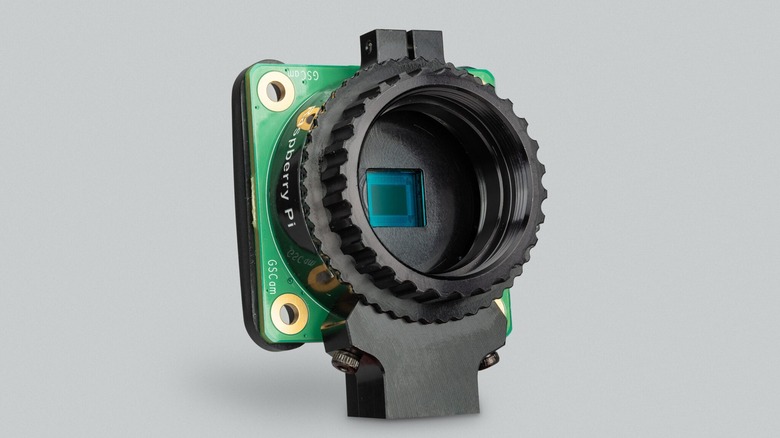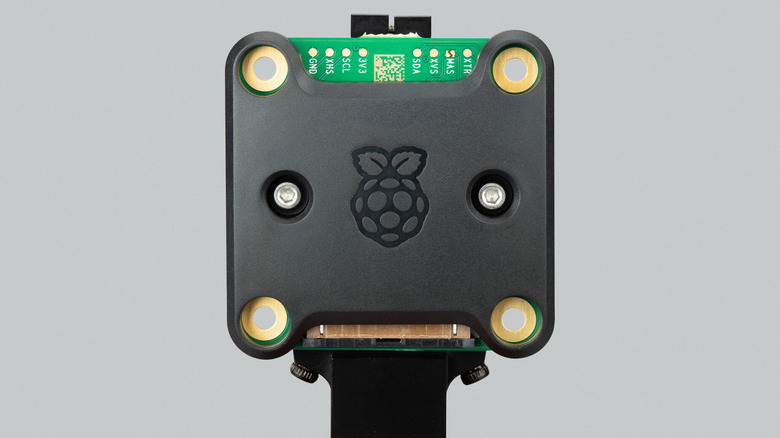Raspberry Pi Rolls Out $50 Global Shutter Camera For Machine Vision Projects
While camera modules have become an integral part of the Raspberry Pi ecosystem, supporting various use cases from robotics and home automation/security to computer vision, they have only been around for a decade. The first camera module for the machine — the Raspberry Pi Camera Board — was launched in 2013, and this board featured a 5MP sensor that could also capture 1080p videos. Since then, the Raspberry Pi Foundation has released several camera modules for the machine to serve various purposes, including the Camera Module 2, a successor to the original Raspberry Pi camera board.
Other notable Raspberry Pi camera modules introduced in the past include the Raspberry Pi NoIR Camera, dedicated to night vision imaging, and the Raspberry Pi High-Quality Camera, which has a 12.3-megapixel sensor with support for interchangeable lenses. More recently, in January 2023, Raspberry Pi announced the launch of the Camera Module 3 — a direct successor to the Camera Module 2. This model featured several upgrades over its predecessor, including support for phase detection autofocus and improved sharpness.
On March 9, 2023, the Raspberry Foundation launched another interesting camera module called the Raspberry Pi Global Shutter Camera. This highly specialized camera sensor captures images differently than regular image sensors.
What is the Raspberry Pi Global Shutter Camera?
Most image sensors in use today use a technology known as a rolling shutter to capture images and videos. This sensor type captures pictures and videos by exposing different parts of the image at different times. Because rolling shutters are cheaper to make and can achieve high resolutions, these are the most popular, commonly used image sensors today.
However, rolling shutter sensors distort images and videos of fast-moving objects because of how they capture images. One way to avoid such distortion is to switch to a device that uses a global shutter sensor — essentially an image sensor that simultaneously captures an entire image in one go. However, global shutter image sensors are rare and are mostly found on highly specialized devices that are also usually prohibitively expensive. The difference between videos captured using a global shutter and traditional cameras can be seen here:
The new Raspberry Pi Global Shutter Camera, at just $50, is a very inexpensive solution for camera enthusiasts and hobbyists looking for a camera with a global shutter. This sensor is based on the Sony IMX296 and has a resolution of 1.6 megapixels. It is easy to retrofit the global Shutter Camera on any Raspberry Pi with the C/CS lens mount. It is also compatible with existing C-mount CGL lenses available for the Pi. The foundation confirmed that those intending to use the new Global Shutter Camera must also update the Raspberry Pi OS.

